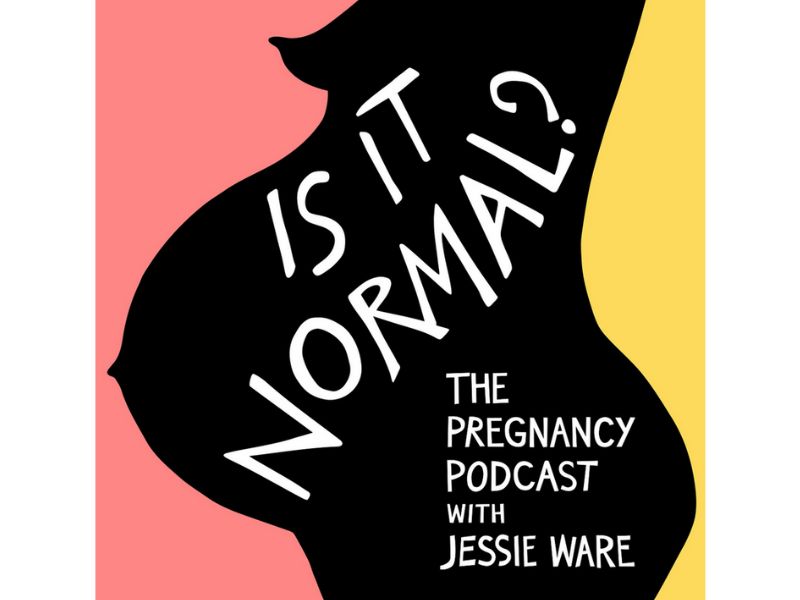Are your hormones out of balance? Fiona Berry, a registered nutritionist shares the clues to realising your hormones may be out of whack, and clever hacks to find greater balance.
When we think of hormones, most of us can relate to them feeling ‘out of whack’ during our menstrual cycle, you may have experienced pre-menstrual symptoms that can wreak havoc with your energy, mood and digestion.
The truth is that hormones are responsible for so much more and make up your endocrine system, which includes your hypothalamus, thyroid, pituitary, adrenal, and parathyroid glands, as well as your thymus and pancreas. They are central to maintaining good health and wellbeing.
Think of hormones like worker bees that exist to protect their Queen (that’s you!) by sending chemical messages via our bloodstream to the tissues and cells that make up our incredible body and organs. When they are in balance they guide our development and growth at every life stage and they influence our sexual function that starts at puberty, then fertility, right through to the peri-menopause and then finally the menopause, a hormonal cycle that can take up to ten years to complete, which is fun, huh? The Menopause Charity tells us that there are over 30 different symptoms we may experience during this time, and 25% of women will experience severe menopause, which can make it a really difficult period to deal with whilst you are busy maintaining your career and juggling all the other myriad of life events that take place during your 40’s and 50’s.
As well as our menstrual cycle, hormones are responsible for our metabolism, which helps us to process and extract the energy we need from the food we eat. You’ve probably heard of some of the clever hormones responsible for our metabolism, they include (but are not limited to) cortisol – the stress hormone which helps us bounce (or fall) out of bed in the morning and give us the kick start we need at the start of the day and it also helps us manage everything else that life throws our way, when kept ‘in-check’, that is.
Then there is insulin, which effectively helps our blood cells to absorb glucose that is used up during your busy day, or if unused, it is sent to the liver for later use. If we overload our liver with unused glucose and other toxins such as alcohol and chemically processed foods, it can become problematic and cause feelings of sluggishness, poor detoxification and weight gain and other diseases such as cancer and diabetes. The food we eat, such as simple starches like bread, pasta, cakes and pastries, hugely influences how well our hormones are able to regulate our blood glucose. You might also recognise some dysregulation in your blood glucose by a rude wake-up call that can happen around 3 am with a ‘pang’ after a late pasta dinner with a little too much wine. This occurs when a spike in hormones is released and can trigger us to wake up earlier than we would like. The Italians understand this and eat their food with a very clever antipasto course that is full of healthy fats and vegetables before a pasta meal which slows this process down, as does eating a larger meal earlier in the day (like the French) and having something lighter in the evening, which you are better able to digest and absorb before bed. Do check out ‘@GlucoseGoddess’ on Instagram for lots of great hacks if you recognise this pattern, or speak to a registered nutritionist.
Hormones from our Thyroid are also involved in this complex metabolic process, which when imbalanced, can become underactive or overactive, making it hard for us to lose weight or gain weight, respectively. The same hormones are also responsible for how we regulate our body temperature and it also helps to keep our digestive tract regulated, which can either be fast or slow – hello ‘period constipation’ or a bout of diarrhoea during a stressful event in your life. You may also relate to this if you are an IBS sufferer that is triggered by stress.
As well as helping us to absorb energy from our food, our sleep and mood are closely regulated by our hormones and our environment can be massively disruptive to a good night’s sleep and how we can cope with stress. Making sure you have exposure to sunlight early in the morning and minimising blue light exposure in the evening and making sure your diet is full of complex carbohydrates and brightly coloured vegetables loaded with fibre, healthy fats from seeds, nuts and quality protein is a great way to support your sleep and hormonal balance.
Whilst you can feel alone when dealing with hormonal-related health issues, there is good news – If you are experiencing an imbalance in any of the areas mentioned in this article, you can work with a BANT-registered nutritionist such as Fiona Berry www.itstheberries.co.uk to help support these issues through personalised dietary and lifestyle changes and functional tests can be taken to find out if there is an imbalance.
About the author
Fiona is a registered nutritionist that works with private clients as well as a Retreat Leader, hosting nutrition focussed wellness retreats in South West France, where anyone can come experience the power that these changes can have in a short space of time, allowing you to live life with more joy and get the rest that is so needed, along with Manoir Mouret Retreats her retreats were listed as a ‘Top 10 European Retreat’ by The Guardian and has also been featured in The Telegraph. A limited number of spaces are available in June and October. See www.manoirmouretretreats.com for more details of how to book.









